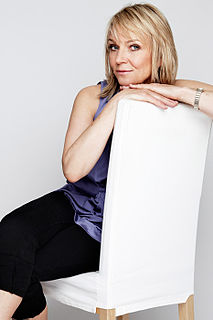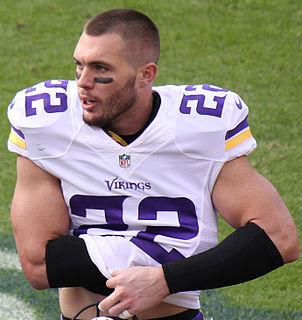A Quote by Stephen Chbosky
That was always my hope that that is exactly what I would do. It was always part of the dream of this story - to write the novel and then direct the movie.
Related Quotes
I always was interested in prose. As a teenager, I published short stories. And I always wanted to write the long short story, I wanted to write a novel. Now that I have attained, shall I say, a respectable age, and have had experiences, I feel much more interested in prose, in the novel. I feel that in a novel, for example, you can get in toothbrushes and all the paraphernalia that one finds in dally life, and I find this more difficult in poetry.
Characters simply come and find me. They sit down, I offer them a coffee. They tell me their story and then they almost always leave. When a character, after drinking some coffee and briefly telling her story, wants dinner and then a place to sleep and then breakfast and so on, for me the time has come to write the novel.
I think the success of every novel - if it's a novel of action - depends on the high spots. The thing to do is to say to yourself, 'Which are my big scenes?' and then get every drop of juice out of them. The principle I always go on in writing a novel is to think of the characters in terms of actors in a play. I say to myself, if a big name were playing this part, and if he found that after a strong first act he had practically nothing to do in the second act, he would walk out. Now, then, can I twist the story so as to give him plenty to do all the way through?
I always write a draft version of the novel in which I try to develop, not the story, not the plot, but the possibilities of the plot. I write without thinking much, trying to overcome all kinds of self-criticism, without stopping, without giving any consideration to the style or structure of the novel, only putting down on paper everything that can be used as raw material, very crude material for later development in the story.
I loved working in stand-up, and I always dreamed that I could make a movie about it. I didn't know if I would have the courage to, because if you make a bad movie about stand-up, then comedians will mock you for the rest of your life. They're still mad about movies made 25 years ago. But it was always a dream of mine, and I was glad I finally came up with an idea that allowed me to explore it in such a way that it's not all about stand-up, but stand-up creates a great backdrop for another type of story.







































